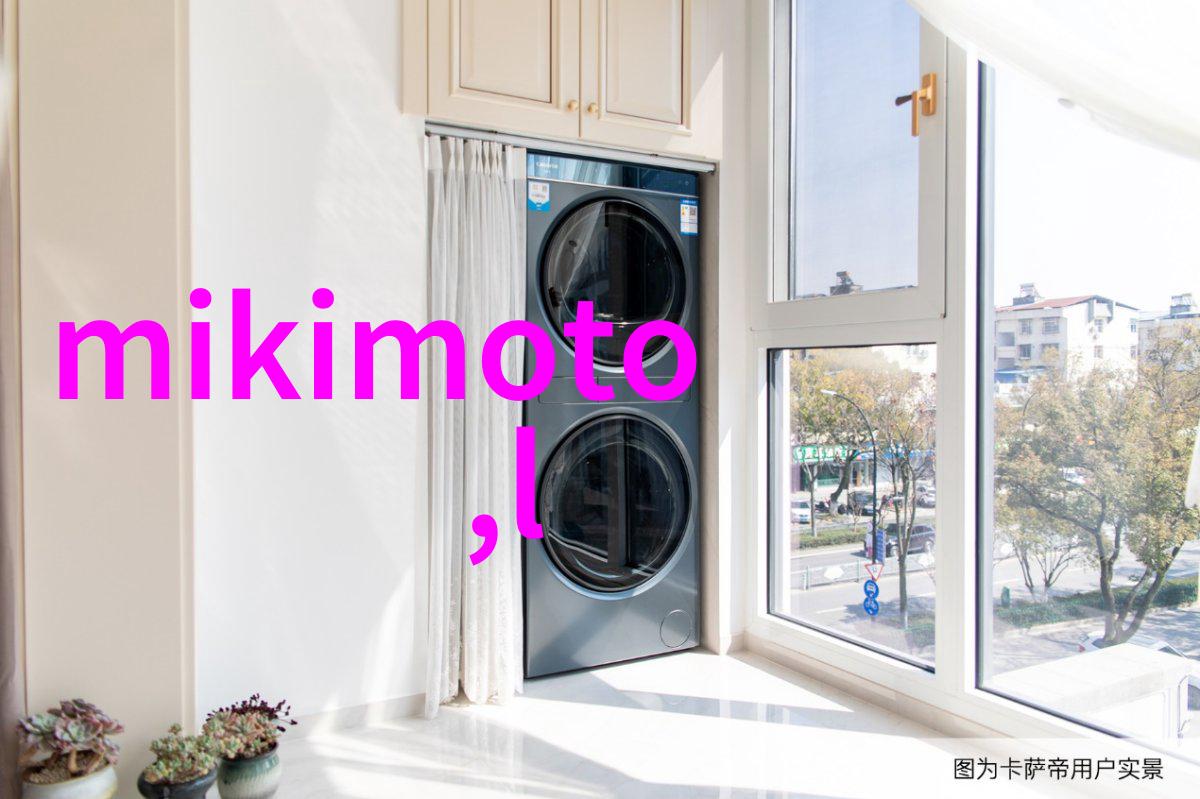
配眼镜去医院好还是眼镜店好专业视力检查与时尚配镜的抉择
配眼镜去医院好还是眼镜店好?

专业视力检查的重要性
在决定配戴眼镜之前,首先需要进行一次专业的视力检查。这个过程对于确保我们能够得到正确度数和适合自己的镜框至关重要。医院提供的视力检查通常由经过培训的医生或护士进行,他们会使用高科技设备来测试我们的眼睛功能,这包括近视、远视、散光等问题。此外,医院还能对眼睛健康状况进行全面的评估,比如是否存在任何潜在的问题,如青光眼或白内障。

医院优势:全面而专业
hospitals are equipped with advanced technology and experienced professionals, making them the ideal place for comprehensive eye exams. They offer a range of services, from routine check-ups to complex treatments like cataract surgery or LASIK. Furthermore, medical staff can provide advice on how to protect your eyes and maintain good eye health.

眼科门诊所:专注于配戴选择
On the other hand, optometrists' offices specialize in providing prescription glasses and contact lenses based on your specific needs. They have a wide selection of frames and lenses at various price points, ensuring that you find the perfect pair that suits both your style and budget. Optometrists are also knowledgeable about different lens materials and coatings that can enhance your visual experience.

配戴与舒适度考量
When choosing between these two options, it's essential to consider not only the quality of vision but also comfort. A well-fitting frame is crucial for avoiding headaches or discomfort during prolonged wear. Hospitals may not always be able to offer an extensive collection of frames compared to specialized optical stores.

医院优势:整体健康观念
Hospitals emphasize overall health rather than just visual acuity. They encourage patients to adopt healthy habits such as regular exercise, balanced diets, and adequate sleep – all contributing factors in maintaining good eye health over time.
最终决策权归你手中
Ultimately, whether you choose a hospital or an optometrist's office depends on personal preferences regarding convenience, cost-effectiveness, style variety, professional expertise combined with healthcare focus or simply having one-stop-shop service for all aspects related to eye care.
Remember that what matters most is finding an appropriate solution tailored specifically for your needs while prioritizing long-term eye health above any short-term benefits.
Confidence: 95%



